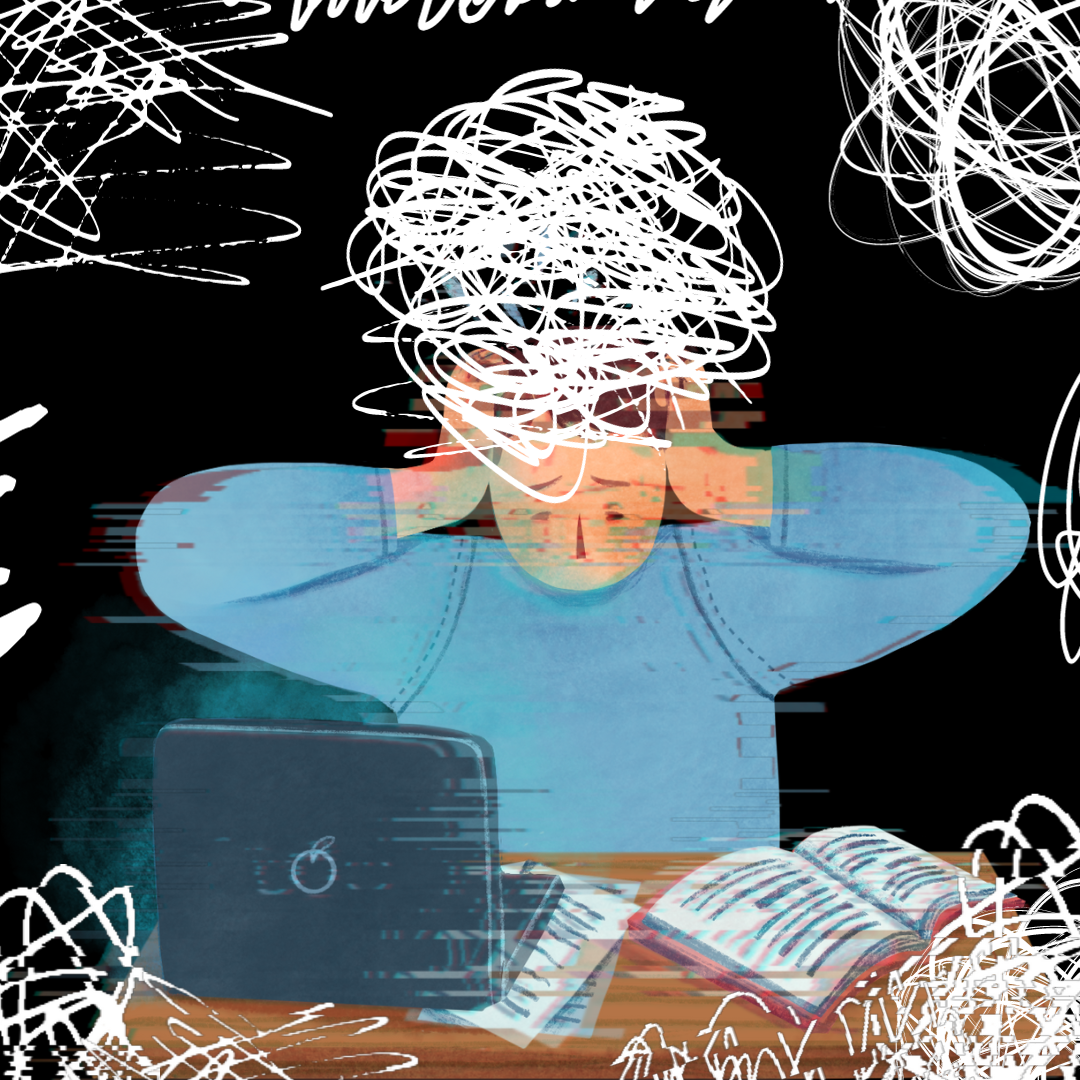The Student’s Dilemma – Balancing Academics, Extracurriculars, and Well-being

It’s no secret that school can be one of the number one stressors in a teenager’s life. As midterm season passes by and with finals right around the corner, it can be hard for students to balance their academics, athletics, extracurriculars, and their personal life. As a student athlete at Del Norte, I find that many of my fellow classmates can relate to suffocating underneath the constant pressure to engage in extracurriculars and excel academically, oftentimes sacrificing their basic mental and physical health needs. I wanted a better understanding of the lives of Del Norte High School students, so I surveyed and interviewed some peers.
Students at Del Norte engage in a variety of extracurriculars. After conducting a survey of 60 students, grades 9-12, students reported engaging in activities ranging from part-time jobs, tennis, theater, ballet, Boy Scouts, Indian classical singing, haka, taekwondo, and many more. 50% of participants rate their time spent on extracurriculars over 7/10, with 10 being 100% of their time and 0 being little to none. Below are the responses to a question asked about after school activities.
It’s understandable that people have a hard time balancing their academic and personal life; however, those who struggle with finding balance, remember that you are not alone. Lilah Enyedi (‘26) is one of many open to sharing her steps to successfully balancing her academic and personal life.
As a sophomore in Del Norte, she is involved in track, cross country, and ASB. She has cross country practices five days a week and races nearly every weekend, committing over 12 hours a week solely on sports. Not only that, ASB is one of her classes at school and requires many out-of-school commitments in order to fulfill her role as class ‘26 vice-president.
She states that organization and prioritizing her well-being is the key to her success. “I generally try to keep myself organized using a planner and my phone calendar to remember assignments, practices, and other events. I’ve also found that prioritizing sleep really helps in all areas and is very crucial to balancing everything. This is very cliche, but putting yourself and your happiness and your well-being first is the best thing you can do. At the end of the day, you can’t pour from an empty cup.”
Balancing extracurriculars and academics can come at a cost. A staggering 73% of participants say that they have had to sacrifice their mental health in order to prioritize an extracurricular, assignment, studying, etc., with 79% of participants saying that they have experienced academic burnout.
University of The People defines academic burnout as “a negative emotional, physical and mental reaction to prolonged study that results in exhaustion, frustration, lack of motivation and reduced ability in school.” People experiencing burnout may report feeling disassociated from their everyday life, constant exhaustion, lack of motivation to complete basic tasks, and prolonged feelings of irritability and stress.
Getting to the root of stress can help prevent burnout as thoroughly as possible. Stress often arises from rushing to finish assignments that you’ve pushed off or cramming for tests the night before. Using a planner is one way to effectively plan out your week/day, and can help avoid cramming multiple assignments into one small time period. Marking tests on your calendar and allocating periods of time of your day to study can also prevent last minute cramming.
Destressing when stress arises is also a key component in avoiding burnout. Popular methods of destressing among survey participants were taking naps (57.6%), hanging out with family/friends (52.5%), decompressing through social media (50.8%), and venting to friends (47.5%). Venting to friends is especially effective, as helpguide.org states that, “Social contact is nature’s antidote to stress and talking face to face with a good listener is one of the fastest ways to calm your nervous system and relieve stress.”
Remember, those who are struggling with school and/or burnout, your experiences are valid, no matter what other people say. Everyone’s experiences are different, and it’s ok to feel burnt out, whether it be every few weeks or every few years.
Michelle is a writer who enjoys playing tennis, speech and debate, listening to music, and collecting keychains. She loves birds and enjoys going on runs.







